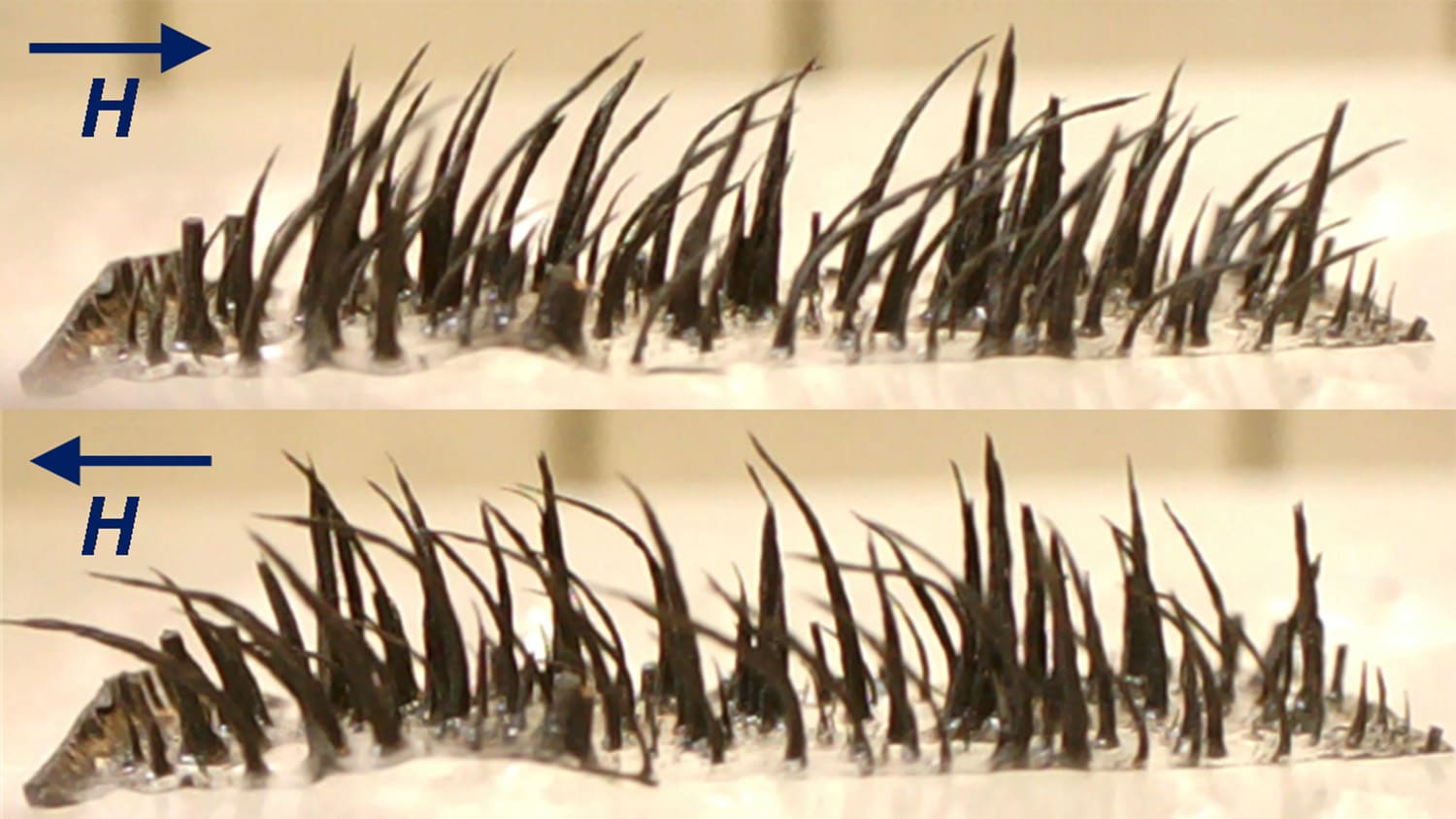NC State Ready to Respond to H1N1 Virus on Campus
Cases of Influenza A (H1N1) are being diagnosed on a regular basis in North Carolina, particularly in the Triangle area, making H1N1 the dominant flu strain in the region. North Carolina State University officials have developed a plan to help educate the campus community about H1N1, and to encourage students to receive flu shots and take proper preventative steps during the upcoming fall flu season.
“The health and safety of students, faculty, staff and visitors at NC State is a top priority for the university,” says David Rainer, associate vice chancellor of environmental health and public safety. “We are closely monitoring cases of H1N1 on campus, and working with public health officials to comply with state and county regulations and best practices.”
Given that H1N1 is now regarded as the prevalent flu strain, NC State will not provide campuswide notification of isolated outbreaks and will only notify those immediately affected. In the case of broader outbreaks, the university will issue campuswide alerts.
Campus administrators are working with Wake County Emergency Medical Services to prepare for administering the flu vaccine, once it becomes available.
“Since H1N1 vaccine will not be available until mid October or later, daily prevention efforts by everyone will be key to maintaining a healthy campus,” says Dr. Mary Bengtson, medical director of NC State Student Health Services. “Flu is spread by a sick person – by a kiss, sharing drinks, cough or sneeze – or by a ‘sick’ thing – contaminated by a sick person’s cough, sneeze or touch. The best prevention efforts are to avoid sick people and clean hands frequently after touching things. Those who are ill should contact their medical provider if symptoms are more than mild, stay home, cover cough or sneeze, and clean hands frequently. When we have more information about H1N1 vaccine opportunities, we will make that announcement quickly to the campus community. In the meantime, we encourage students, faculty and staff to regularly check the Student Health Services site for updated information.”
Information relating to H1N1, tips on staying healthy during flu season, procedures for reporting H1N1 cases, flu shot updates, and other relevant information can be found on NC State’s Student Health Services Web site, http://www.ncsu.edu/student_health/index.html. Throughout the fall, NC State will also communicate H1N1-related updates to the campus community through a variety of channels such as the NC State Web site, Talley Student Center message boards and home football game announcements, among others.
In the event of a broader outbreak or emergency situation, visit http://www.ncsu.edu/emergency-information/index.php for updated information.
-barnhill-
- Categories:


